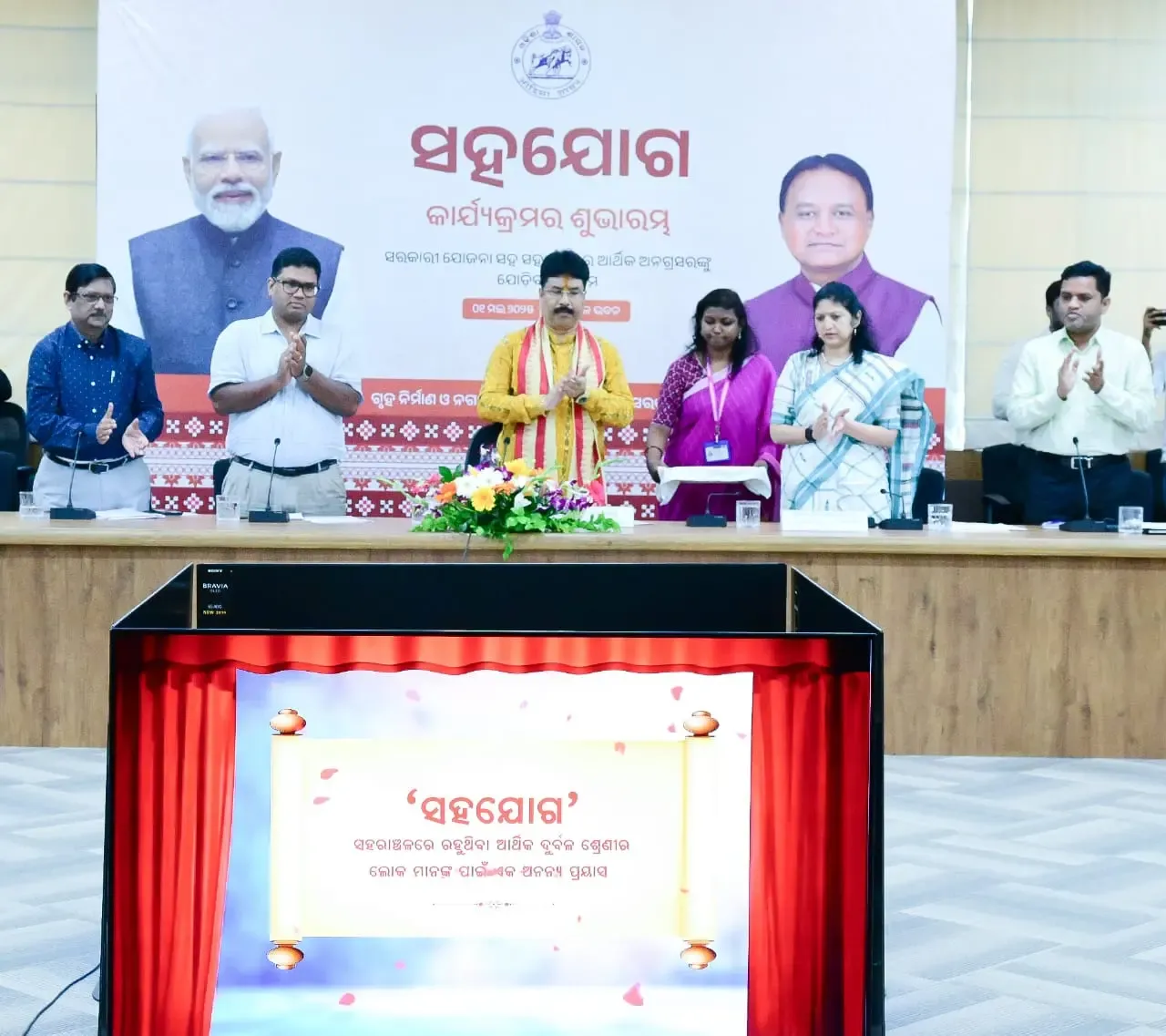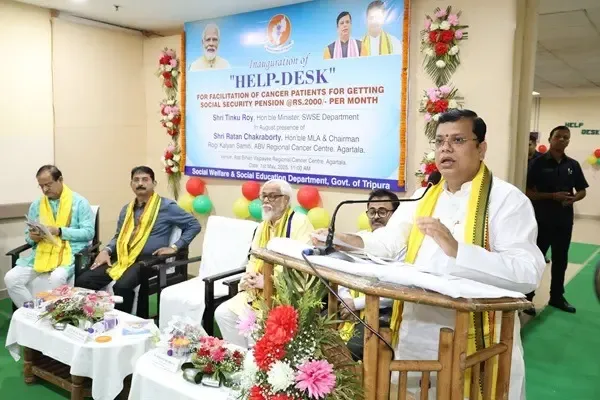How is the Social Justice Ministry and UNDP Enhancing Support for Waste Pickers?

Synopsis
The recent partnership between the Ministry of Social Justice and Empowerment and UNDP aims to transform the lives of waste pickers in India by acknowledging their contributions and providing essential resources for their empowerment and increased welfare.
Key Takeaways
- Partnership between MoSJE and UNDP enhances support for waste pickers.
- 250,000 waste pickers targeted for formal integration.
- Access to health insurance and skill development training.
- Encouragement for forming Self-Help Groups for better livelihoods.
- Strengthened waste picker collectives for improved waste management.
New Delhi, May 1 (NationPress) In a groundbreaking initiative to uplift waste pickers across India, the Ministry of Social Justice and Empowerment (MoSJE) has entered into a Letter of Agreement (LoA) with the United Nations Development Programme (UNDP) on Thursday. This agreement is set to acknowledge the essential contributions of waste pickers in waste collection, recovery, and recycling, while enhancing their access to financial resources, technological advancements, and a secure, sustainable work environment.
As part of this agreement, the UNDP will extend vital financial assistance for establishing State Project Management Units (PMUs) in various states under the NAMASTE (National Action for Mechanised Sanitation Ecosystem) Scheme.
This collaboration aims to simplify communication between central and state authorities, thereby boosting the implementation efficiency of the scheme.
The waste picker aspect of the NAMASTE Scheme, initiated in the financial year 2024, is focused on formally integrating waste pickers into the ecosystem.
The scheme aims to identify and register 250,000 waste pickers nationwide, equipping them with occupational photo ID cards for formal identity and access to government benefits.
Additionally, the initiative will provide waste pickers with health insurance under the Ayushman Bharat-PMJAY scheme, skill development training, personal protective equipment (PPE) kits, and financial support for waste collection vehicles.
The scheme also endeavors to empower waste picker collectives, enabling them to oversee Decentralised Waste Collection Centres (DWCCs) and enhance their livelihoods.
So far, over 5,000 waste pickers have been profiled across various states using the NAMASTE mobile application, marking a significant move towards the formal recognition and integration of this critical workforce into India's economy.
This initiative encourages waste pickers to establish and bolster Self-Help Groups (SHGs), which assist them in managing their businesses effectively and improving their quality of life.
The partnership between the ministry and the UNDP highlights a commitment to enhancing the welfare of waste pickers and bolstering their contribution towards a cleaner, more sustainable India.









